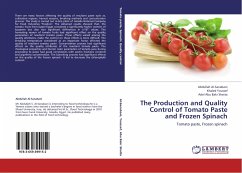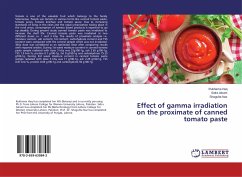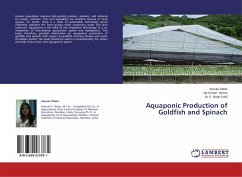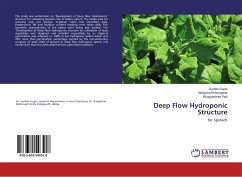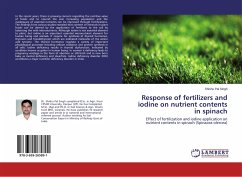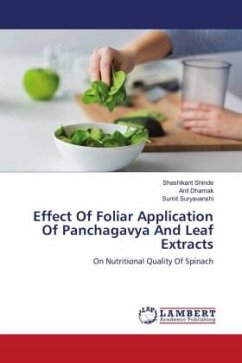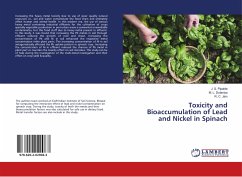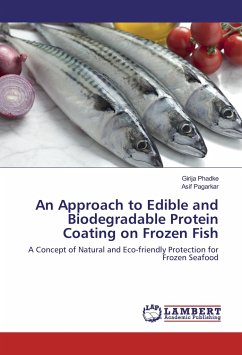There are many factors affecting the quality of resultant paste such as, cultivation regions, harvest seasons, breaking methods and concentration process. This study is carried out in-line plant of Ismailia National Company for Food Industries "Foodico". The obtained results showed that, the tomato fruits from Upper-Egypt contained a significantly higher content of lycopene but also non significant differences in a /b values. The harvesting season of tomato fruits had significant effect on the quality parameters of resultant tomato paste. These effects varied among the quality attributes, make the control on these effects is more difficult. The breaking temperature considered as an important factor affected the quality of resultant tomato paste. Concentration process had significant effects on the quality attributes of the resultant tomato paste. The rheological properties and Hunter color parameters of tomato juice during processing to paste had good correlations with pectin fractions contents and pigments concentration. The blanching process had significant effects on the quality of the frozen spinach. It led to decrease the chlorophylls content.

